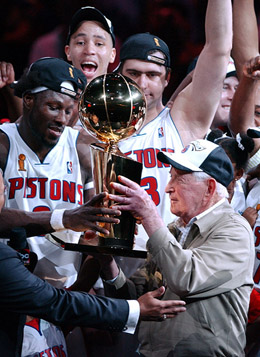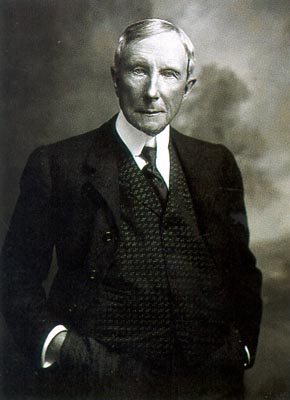
Abraham Lincoln (February 12, 1809–April 15, 1865), the sixteenth President of the United States, successfully led his country through its greatest crisis, the Civil War, only to be assassinated less than a month after the war's end. Before his election as President, Lincoln was a lawyer, a member of the United States House of Representatives, and an unsuccessful candidate for election to the Senate. As an outspoken opponent of the expansion of slavery in the United States, Lincoln won the Republican Party nomination in 1860 and was elected president later that year. During his term, he helped preserve the United States by leading the defeat of the secessionist Confederate States of America in the American Civil War. He introduced measures that resulted in the abolition of slavery, issuing his Emancipation Proclamation in 1863 and promoting the passage of the Thirteenth Amendment to the Constitution in 1865.Abraham Lincoln's "Failures" and "Successes"
Lincoln closely supervised the victorious war effort, especially the selection of top generals, including Ulysses S. Grant. Historians have concluded that he handled the factions of the Republican Party well, bringing leaders of each faction into his cabinet and forcing them to cooperate. Lincoln successfully defused a war scare with the United Kingdom in 1861. Under his leadership, the Union took control of the border slave states at the start of the war. Additionally, he managed his own reelection in the 1864 presidential election.
People will criticize your ideas. Stand strong for what you believe in:
Opponents of the war (also known as "Copperheads") criticized him for refusing to compromise on the slavery issue. Conversely, the Radical Republicans, an abolitionist faction of the Republican Party, criticized him for moving too slowly in abolishing slavery. Even with these road blocks, Lincoln successfully rallied public opinion through his rhetoric and speeches; his Gettysburg Address is but one example of this. At the close of the war, Lincoln held a moderate view of Reconstruction, seeking to speedily reunite the nation through a policy of generous reconciliation. His assassination in 1865 was the first presidential assassination in U.S. history and made him a martyr for the ideal of national unity.
Source: Wikipedia.org
Abe Lincoln became one of the greatest success stories in history, here are the things he had to overcome to get there:
- Lost job
- Defeated for state legislature
- Failed in business
- Sweetheart died
- Had nervous breakdown
- Defeated for Speaker
- Defeated for nomination for Congress
- Lost renomination
- Rejected for land officer
- Defeated for U.S. Senate
- Defeated for nomination for Vice President
- Again defeated for U.S. Senate















